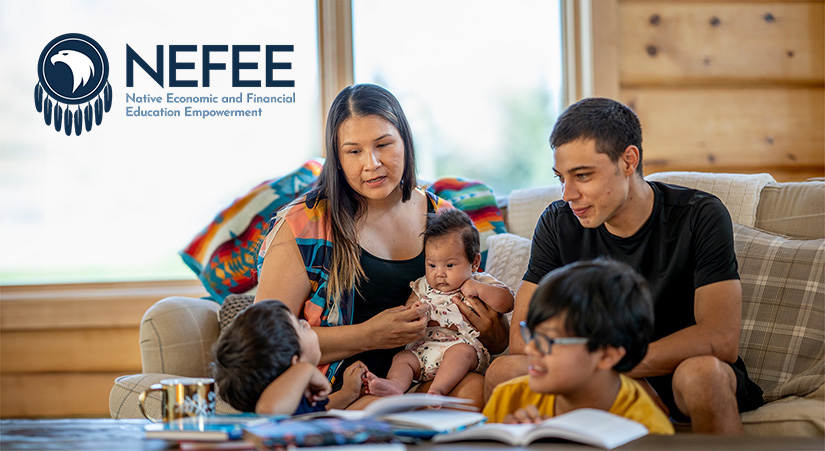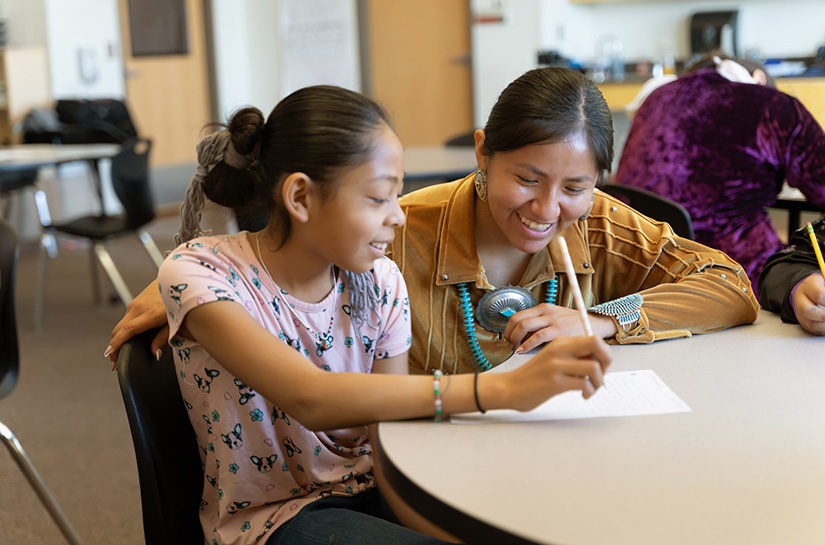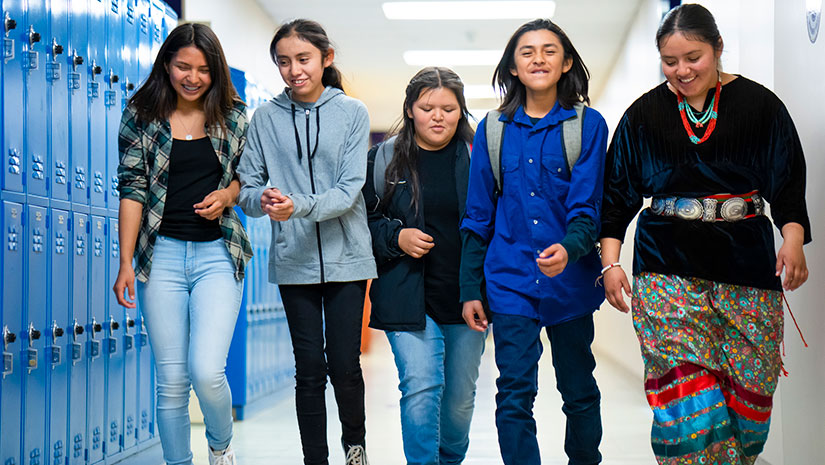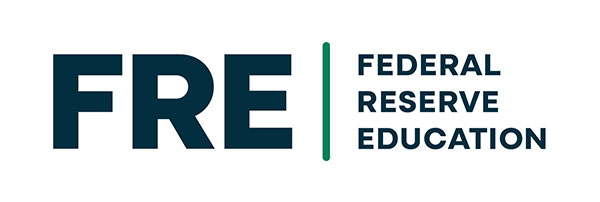Native Economic and Financial Education Empowerment (NEFEE)

The Federal Reserve Bank of St. Louis is committed to providing a wide-ranging Economic Education outreach program through Federal Reserve Education (FRE). Part of that program is Native Economic and Financial Education Empowerment (NEFEE). NEFEE supports the financial and economic well-being of tribal nations and Native communities across the United States by strengthening access to economic and personal finance education. The Federal Reserve Bank of Atlanta also supports NEFEE initiatives and engagement activities.
Our Approach

We engage tribal leadership and Native educators to better understand the unique financial education needs of their communities. We value understanding the lived experiences and cultures of the communities we serve to develop a tailored financial education plan.
How We Help

NEFEE partners with tribal nations, Native communities and schools to provide free financial education resources for tribal programs and classrooms focused on pre-K, K-12 and postsecondary education. NEFEE provides free training for staff and educators to develop content knowledge and skills to teach personal finance in their communities. Resources include videos, group activities, workbooks and lessons aligned to school standards, focused on personal finance concepts like:
- Decision-making
- Using credit
- Alternative lending
- Budgeting & spending
- Protecting & insuring
- Investing basics
- Saving & savings goals
- Banking basics
- Career exploration

Find It All at FRE!
A free platform with economics and personal finance resources for classrooms and communities, equipping K-12, college, and community educators with ready-to-use tools for building lifelong financial security.


